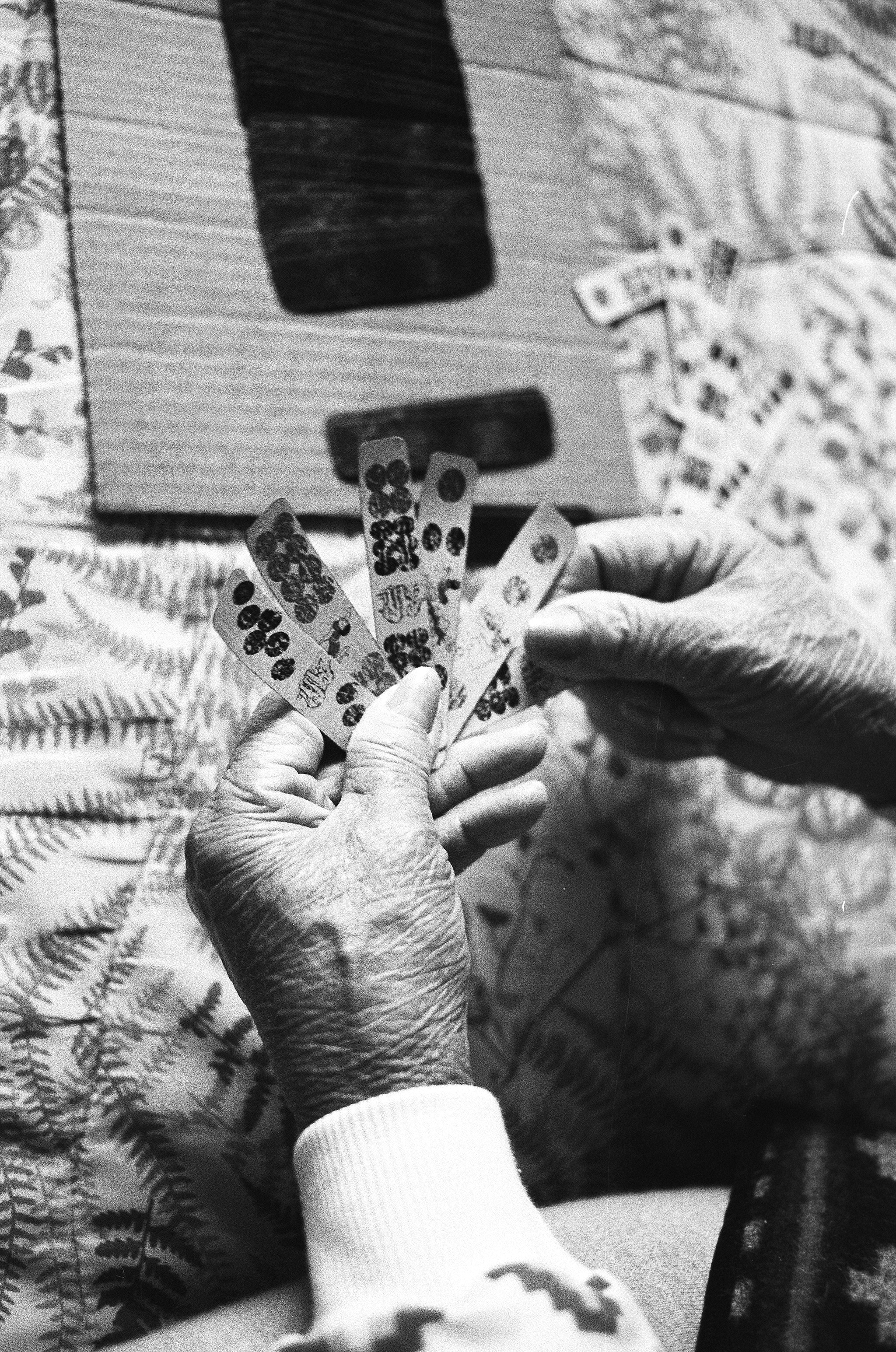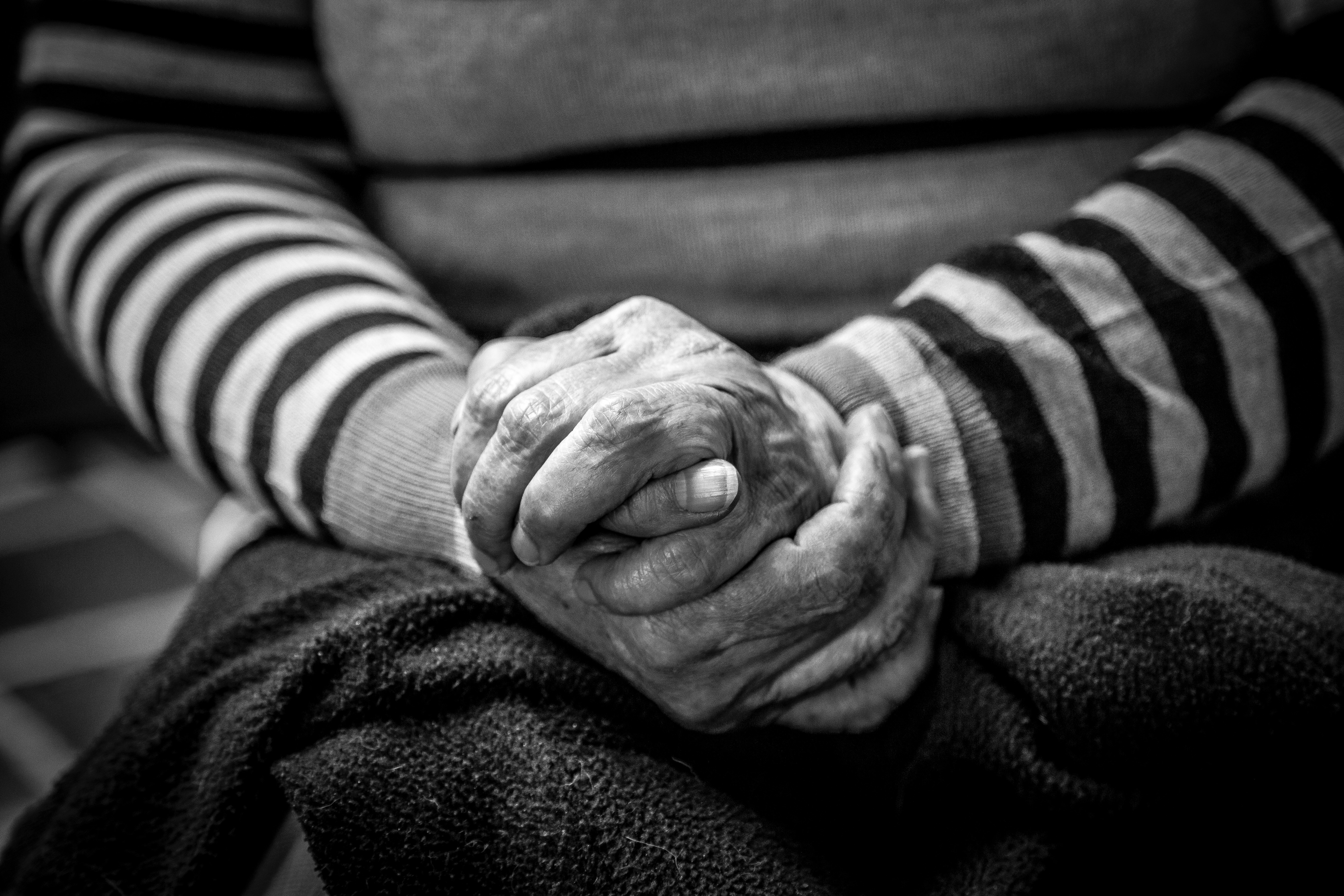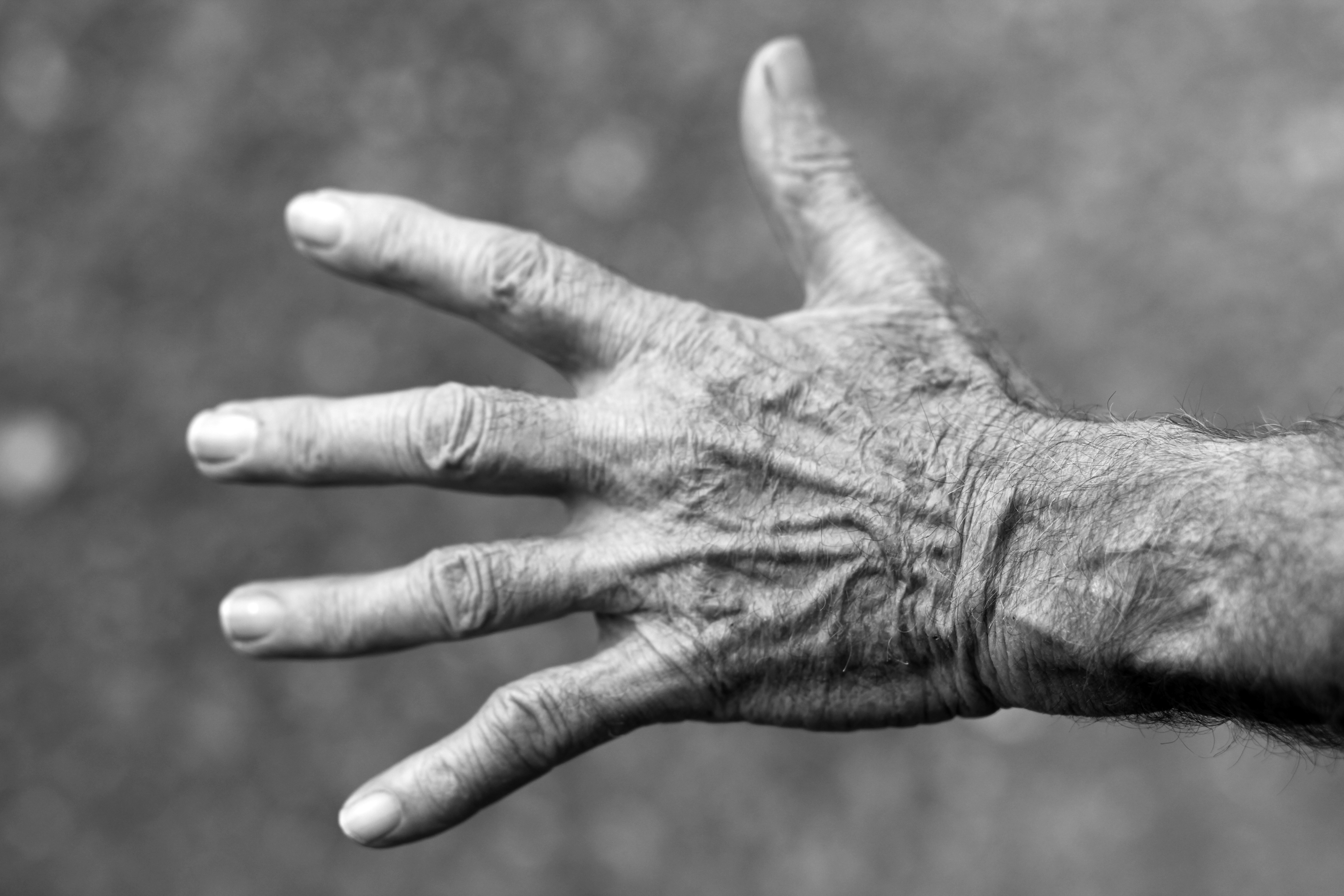The Department of Justice’s Elder Justice Initiative is a treasure trove of resources on all things elder abuse, including a host of webinars, so many that I haven’t been able to keep up here. What follows is a selection of some of the many available (archived and live) on their site that are particularly relevant to our work. I have listed the live ones first, followed by a few archived selections:
Understanding Elder Mistreatment Through a Lens of Severity: Implications for Research and Practice (LIVE September 8th, 2pm ET): Please join our webinar on Friday, September 8, 2:00-3:00 p.m. e.t., as Sidney Stahl, PH.D., Research Consultant, Elder Justice Initiative, U.S. Department of Justice, Washington, D.C., hosts a discussion with David Burnes, Ph.D., Assistant Professor, University of Toronto, Canada. Dr. Burnes, a professor at the Factor-Inwentash Faculty of Social Work and Affiliate Scientist at Baycrest Health Sciences, introduced the concept of “severity” into the study of elder abuse. Severity of elder abuse may be an indicator of the urgency and types of help needed by victims of elder abuse. Yet, severity is an understudied aspect of the field, and Dr. Burnes has conducted several studies incorporating measures of severity. His research informs both targeted screening of victims, interventions that serve to help victims, and a forensic tool for possible use in the prosecution of elder abuse cases.
How EMTs Can Help Identify and Report Elder Abuse (LIVE September 11, 2pm ET): Details to come; please check back on the site.
The Forgotten Victims: Elder Homicides (LIVE September 25, 2pm ET): Details to come; please check back on the site.
Assessing Cognitive Capacity in Elder Abuse Cases (ARCHIVED): This webinar is offered to all professionals who work on elder abuse MDT’s to better understand the issue of decisional capacity. Dr. Olsen will provide several contexts where decisional capacity is central to case formulation and resolution. She will present the components of a good assessment with examples of how to collect and integrate relevant information. Lastly, the importance of maintaining a client-centered orientation will be discussed so that MDT’s maintain an awareness of the need to balance the client’s self-determination with the need for protection.
Improving Emergency Department Identification of Elder Abuse (ARCHIVED): Dr. Sidney M. Stahl, Research Consultant at the U.S. Department of Justice, hosts a discussion with Anthony Rosen, Instructor in Medicine at Weill Cornell Medical College, Cornell University, and Assistant Attending Physician at New York-Presbyterian Hospital, New York, NY. Dr. Rosen is a practicing Emergency Physician and a researcher in elder abuse and geriatric injury prevention. Dr. Rosen and his team are doing groundbreaking research on distinguishing physical signs and forensic markers of elder abuse from injuries and bruising related to falls in older persons. Dr. Rosen will be discussing this, in addition to a standardized protocol for photographing geriatric injuries and comprehensive classification system for visible injuries. His interdisciplinary work with nursing, social work, geriatrics, psychiatry, and radiology has significant implications for the prosecution of elder abuse and neglect cases.
Assessing Cognitive Capacity in Elder Abuse Cases (ARCHIVED): Sidney Stahl, Ph.D., Consultant, Elder Justice Research Initiative, U.S. Department of Justice, Washington, DC, hosts a discussion with Laura Mosqueda, M.D., FAAFP, AGSF, Chair, Department of Family Medicine, Professor of Family Medicine and Geriatrics, Associate Dean of Primary Care, at the Keck School of Medicine of the University of Southern California, Los Angeles, CA, and Page Ulrey, J.D., Senior Deputy Prosecuting Attorney, King County Prosecuting Attorney’s Office, Seattle, WA. Dr. Mosqueda has completed some of the only forensic research in the context of elder abuse. She will share her findings with attendees and introduce a physician-friendly protocol for documenting physical abuse for prosecutors should the case go to trial. The webinar is being co-presented by Ms. Page Ulrey who will describe the value of the new protocol from a prosecutor’s perspective.
